In Conversation With Stacey Abrams and Zaila Avant-garde
The two incredible women have a lot more in common than you think!

When we learned that Stacey Abrams—voting rights activist, bestselling author, defender of democracy, Democratic candidate for Georgia governor—planned to release her debut picture book, Stacey's Extraordinary Words (out December 28), we immediately thought of Zaila Avant-garde. The nation celebrated the 14-year-old 3x Guinness World Records title holder when she became the first African-American to win the 2021 Scripps National Spelling Bee in July. Avant-garde's win felt like a much-needed bright spot in a year filled with grief and heartbreak. A year that began with Georgia flipping the Senate, thanks in large part to the work of Abrams. So we figured, what better way to celebrate Abrams's book than by bringing together these groundbreaking women (who both happen to love spelling bees!) for an extra dose of joy and inspiration?
In the latest installment of Marie Claire's "In Conversation" series, Abrams and Avant-garde meet over Zoom to discuss participating in their first spelling bees, share life advice, play a fun spelling game, and more. Watch the full video, above, and read tidbits from Abrams and Avant-garde's conversation, below.
On the inspiration behind 'Stacey's Extraordinary Words':
Zaila Avant-garde: My first thing I really wanted to ask you about was your book. I really kind of identified with the character in the book.
Stacey Abrams: While I never achieved the great heights of the one-and-only Zaila, I actually loved spelling bees. I did my first one in second grade. I was actually in first grade and my school decided to move me into second grade in the middle of the first semester. The principal came and got me and took me out to my new teacher—my second grade class was in a trailer behind the school, and I'd never been out to the trailers because I was a first grader. So all I know is the principal is taking me outside and I was terrified. So we go outside and we walk up to the trailer, and the door opens and there's this woman standing there. And she smiles at me and looks like an angel. And I realized, okay, I'm not in trouble.
When we get inside, she introduces herself. That her name is Miss Blakeslee and she's my new second grade teacher. And what was so exciting to me, more than moving to the other class—I was terrified about being there—but I saw all of these books. Because she loved books and she loved words. And that was something that was a connection. For me, words have always been this comfort. Then she told me about spelling bees—that you not only got to read all the words, you got to spell them out loud and people liked it. That was the first time I learned about and got to go to a spelling bee.
ZAG: I definitely feel like me and Miss Blakeslee would have also gotten off to a good start. So when you were participating in spelling bees, you said your first one was in second grade? How did you do in that bee?
SA: I made it pretty far. I actually think I was number two or number three. It was a long time ago. More than 40 years ago. But I remember the first word that I missed was "chocolate." Now, mind you, I'm from the South. So I'd only ever heard it said "choc-late." And if I saw chocolate, it was on a Hershey's bar. And usually if you're looking at chocolate, you're not reading it. You're getting ready to-
ZAG: You're just eating it.
Stay In The Know
Get exclusive access to fashion and beauty trends, hot-off-the-press celebrity news, and more.
SA: Exactly. And so I didn't know there was an "O" after the second "C." And so I spelled it very proudly, waiting for the announcer to...and you know that feeling, you're waiting for the announcer to let you know it was correct. And instead I heard that tiny bell. So I just remember, I'm like, ugh, I misspelled chocolate. One of my favorite things. I've never misspelled the word chocolate since that time. It was so much fun and it was so exciting because you're sitting there, and even though you're full of nerves, you're just excited to hear all of these words you've never heard before.
On what Abrams is most proud of:
ZAG: What accomplishment in your life are you most proud of so far?
SA: I wouldn't call it an accomplishment, but I would say it was the attempt. When I ran for governor [in 2018], that was really important to me. Because even though I didn't get the title, I was able to do a lot of the work I wanted to do. People who didn't think that they should be allowed to vote, who didn't think their voices mattered...you know, sometimes you feel really small and you hear people tell you that you're not important and you start to believe it. So for me, when I ran for governor, it was about being able to bring all of these people together to say, "Yes, I'd like for you to vote for me. But more than that, I want you to vote for yourself. I want you to think that and know that you are valuable and that your voice matters, that your needs matter."
And so, yes, I will actually correct myself. I did accomplish something. I may not have gotten the job that I applied for, but I think the campaign that I ran and the way I carried myself, that to me is a hallmark of who I want to be. Someone who not only tries, but when I didn't succeed I didn't let that make me stop. I mean, I imagine you didn't win every single spelling bee you've been in.
ZAG: No, I did not.
SA: But you didn't quit once you didn't win. You kept trying and you kept finding ways to get better.
ZAG: Yes, definitely.
SA: What was the first spelling bee you didn't win?
ZAG: The first spelling bee I didn't win was actually participating in my first Scripps National Spelling Bee. My first time participating in any spelling bee ever was when I was 12 years old and I participated in my local regional spelling bee. And surprisingly I actually won. But, you know, I was kind of like you. It seems we have a lot of parallels. I was like really into reading and stuff, so I was really good with words and stuff. And so I was put into the spelling bee and I won on the word "credo." And then I went to Scripps for the first time and that's kind of when I had my experience that you talked about having where you realized that the kids kind of really studied for this, something I didn't fully understand. I thought you just kind of read books and knew words. Once I realized that, I only had two months to actually study before going to Scripps for the first time. I actually got a really good score on the test and got my first word right, but my second word I got out on. We'll talk more about that later.
SA: Okay.
ZAG: Yeah. So that was definitely like my first spelling bee I got out on. But you know, being that I was a kid, like, I was really sad for a bit after that. But like, that very day I was right back to studying because I'd been pushed down a little bit by losing, but I loved the experience of being there on that stage. So I was like, I got to get back to this point. And so like that very day I started studying again.
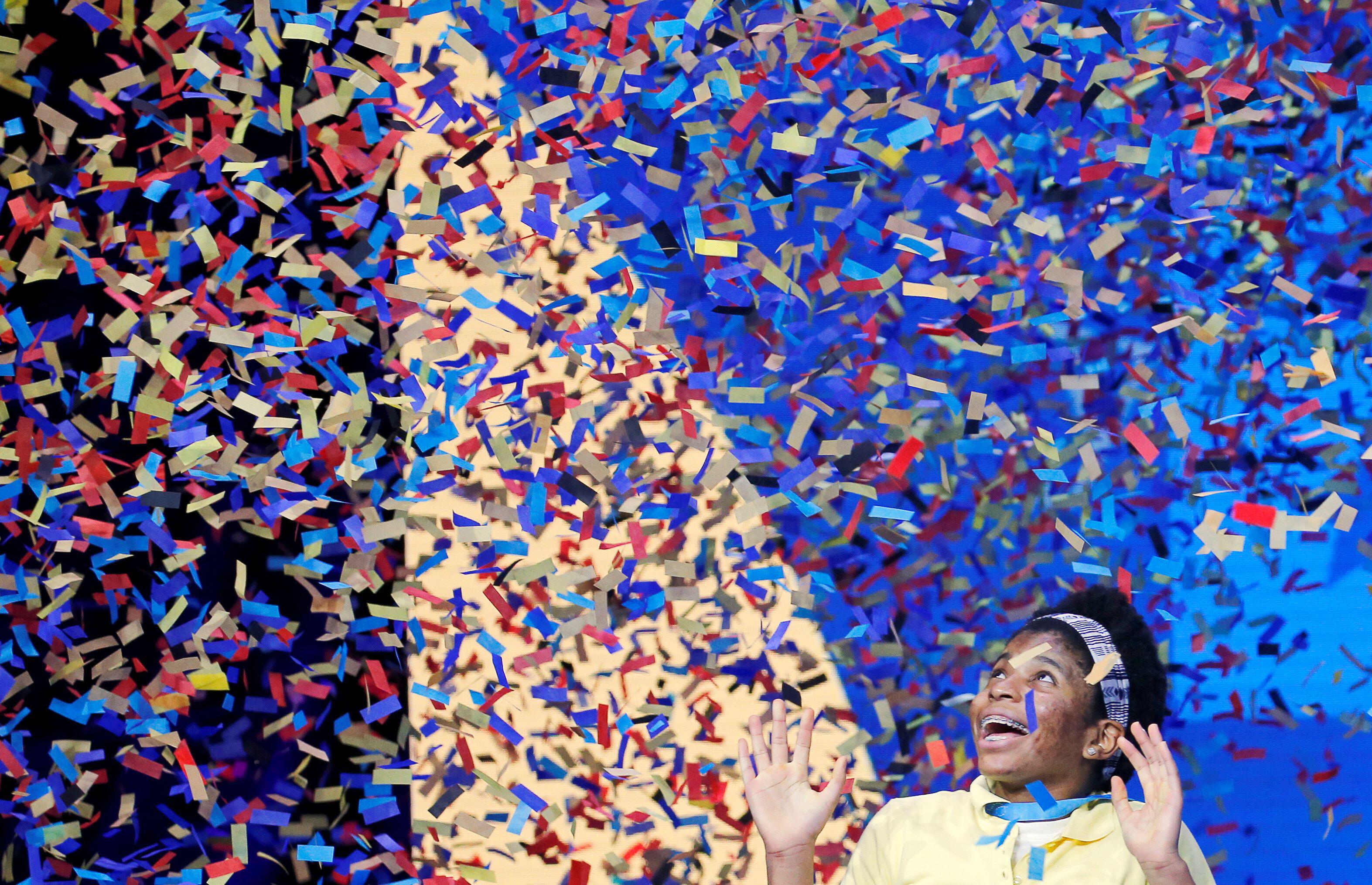
The moment Zaila Avant-garde won the 2021 Scripps National Spelling Bee.
On advice for young people who want to make a difference:
ZAG: Due to my age, I'm not going to be able to vote until 2024. Do you have any advice for people who are young, like me, who cannot vote right now, but want to make a difference?
SA: Number one, you may not be able to vote, but you can influence the people who do vote. Before I was old enough to vote, I was a volunteer. I worked on campaigns. I helped...in fact, you'll appreciate this. I was an assistant and I was supposed to...I was 17, and I was supposed to type a speech written for a candidate. And I didn't like the speech because I didn't like any of the words they used. So I rewrote it. And instead of getting fired, they let me become one of the speechwriters.
ZAG: Oh, really?
SA: Well, I knew a lot of good words. We each have talents, and we each have ways we can contribute. And so I would say your first job is to pick the issue that matters to you, and make certain that the adults around you know that you care. Because that's what voting is. Voting is about having issues that matter and picking people who will have the responsibility of making your desires known and doing something about your concerns. And so even if you're too young to vote yourself, young people have one thing. They've got somebody who's older than them that they can kind of influence and nudge. And if you've ever wanted something really bad, you know how to annoy your way into getting what you want.
Number two, find ways that you can contribute that don't require that you vote. So if your issue is environmental action, or it's social justice, if it's food deserts, whatever the issue is for you, find an adult who's working on it and find an organization that does something about it and volunteer for that organization. Because even if you volunteer once a week, you are influencing the adults who come in. And when they're there, you can talk about why it matters to you and why you need them to speak up for you.
And then number three, remember that feeling. Because when you get to 2024, you're going to be distracted by all kinds of things because being 18 is a very distracting age. But you want to remember what it felt like when you couldn't speak for yourself. And so that's the time to absolutely make sure that you're speaking for yourself and then you're helping other young people who aren't old enough yet to help them learn what you learned.
On Avant-garde's love for basketball, in addition to spelling, and what it teaches her:
SA: So I think for those of us who love reading and love words, people think that's all we do. And some folks know I do other things, like work on democracy issues and try to do good work in politics. You are known for being an amazing basketball player. Tell me why you love basketball and what that teaches you.
ZAG: The reason I was put into basketball when I was five was because I was a very hyperactive child. So it's kind of a way for me to express my energy without doing things like writing on walls and all that stuff you're not supposed to do as a child. So I love participating in basketball. One, because it's a way to channel all of this energy I have. And I'm homeschooled. Basketball is kind of also my way to socialize and have the camaraderie and just the teamwork and stuff. I also love that part of it too.
So, what has it taught me? It's really taught me something that's always helped, which is just like the idea of sitting down and just working at something. Which is like something that can be a bit hard for children to grasp, but basketball is kind of my way to learn how to just work at something. And then the process of you are going to get better at it. The more you work at it, the better you get.
SA: Excellent.
Stacey's Extraordinary Words is available for purchase here. You can keep up with Zaila Avant-garde on Twitter and Instagram.
Rachel Epstein is a writer, editor, and content strategist based in New York City. Most recently, she was the Managing Editor at Coveteur, where she oversaw the site’s day-to-day editorial operations. Previously, she was an editor at Marie Claire, where she wrote and edited culture, politics, and lifestyle stories ranging from op-eds to profiles to ambitious packages. She also launched and managed the site’s virtual book club, #ReadWithMC. Offline, she’s likely watching a Heat game or finding a new coffee shop.
-
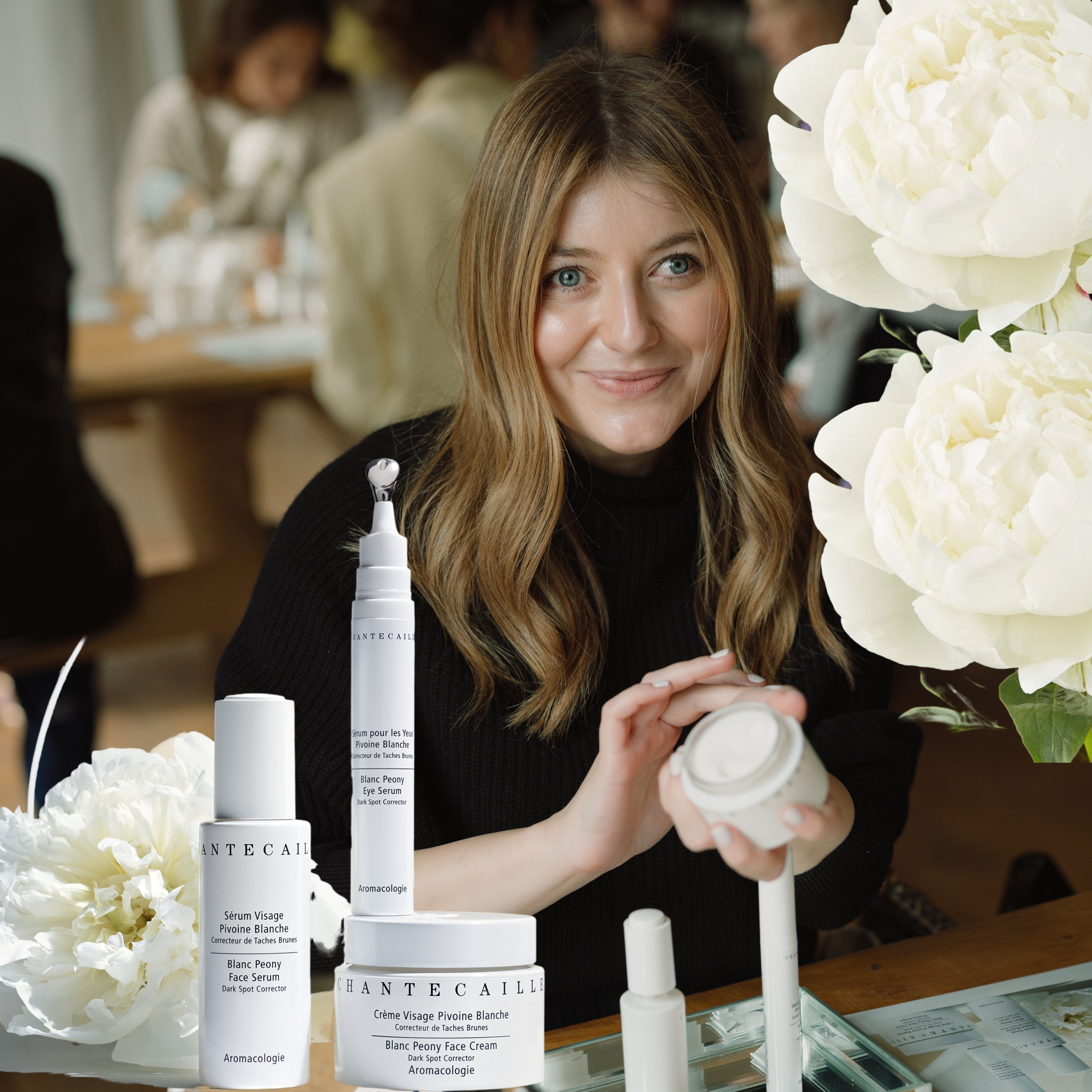 This New $235 Face Cream Turned My Dark Spots Into a Disappearing Act
This New $235 Face Cream Turned My Dark Spots Into a Disappearing ActSee it to believe it.
By Samantha Holender
-
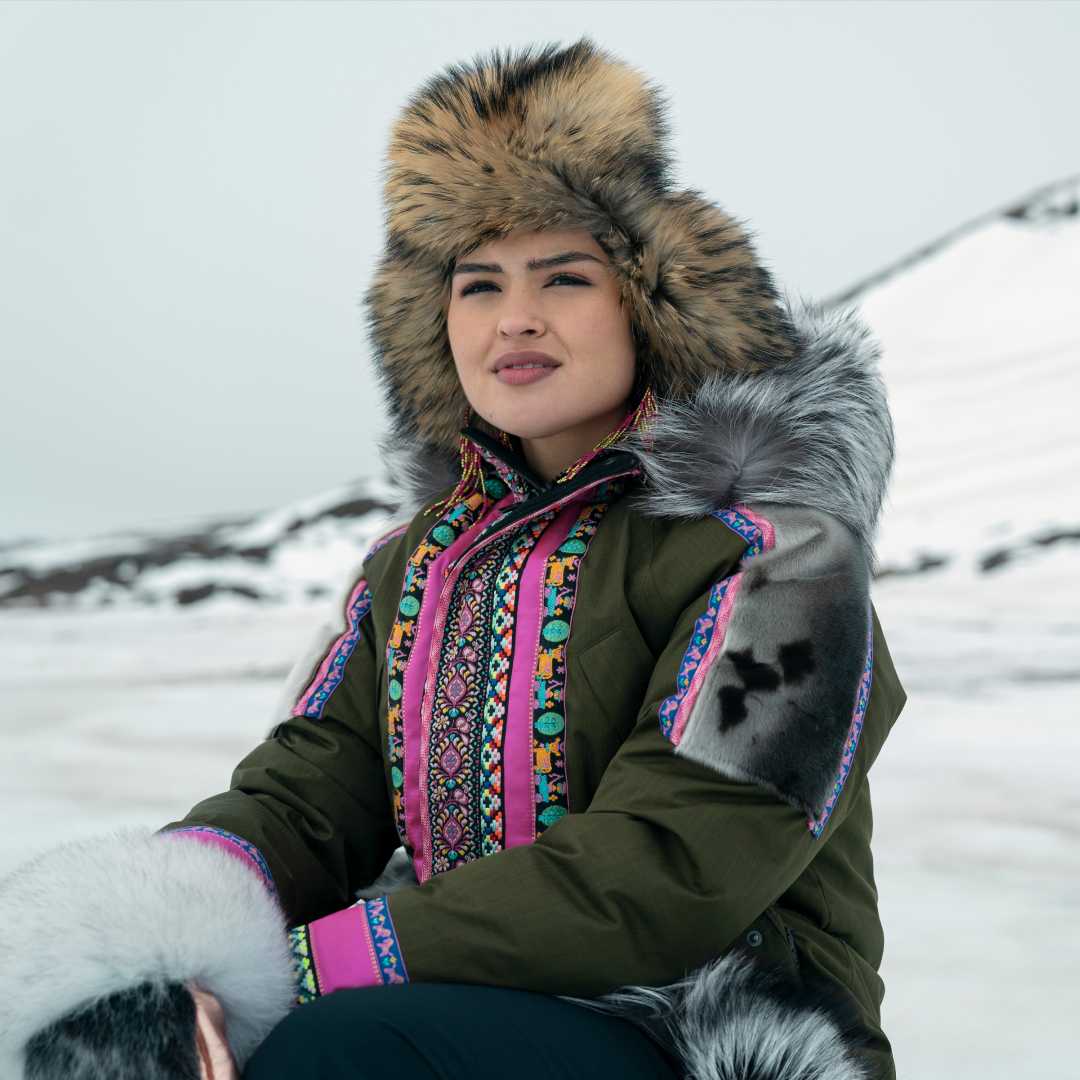 Netflix's 'North of North' Transports Viewers to the Arctic Circle—Meet the Cast of Inuit Indigenous Actors
Netflix's 'North of North' Transports Viewers to the Arctic Circle—Meet the Cast of Inuit Indigenous ActorsThe new comedy follows a modern Inuk woman determined to transform her life.
By Quinci LeGardye
-
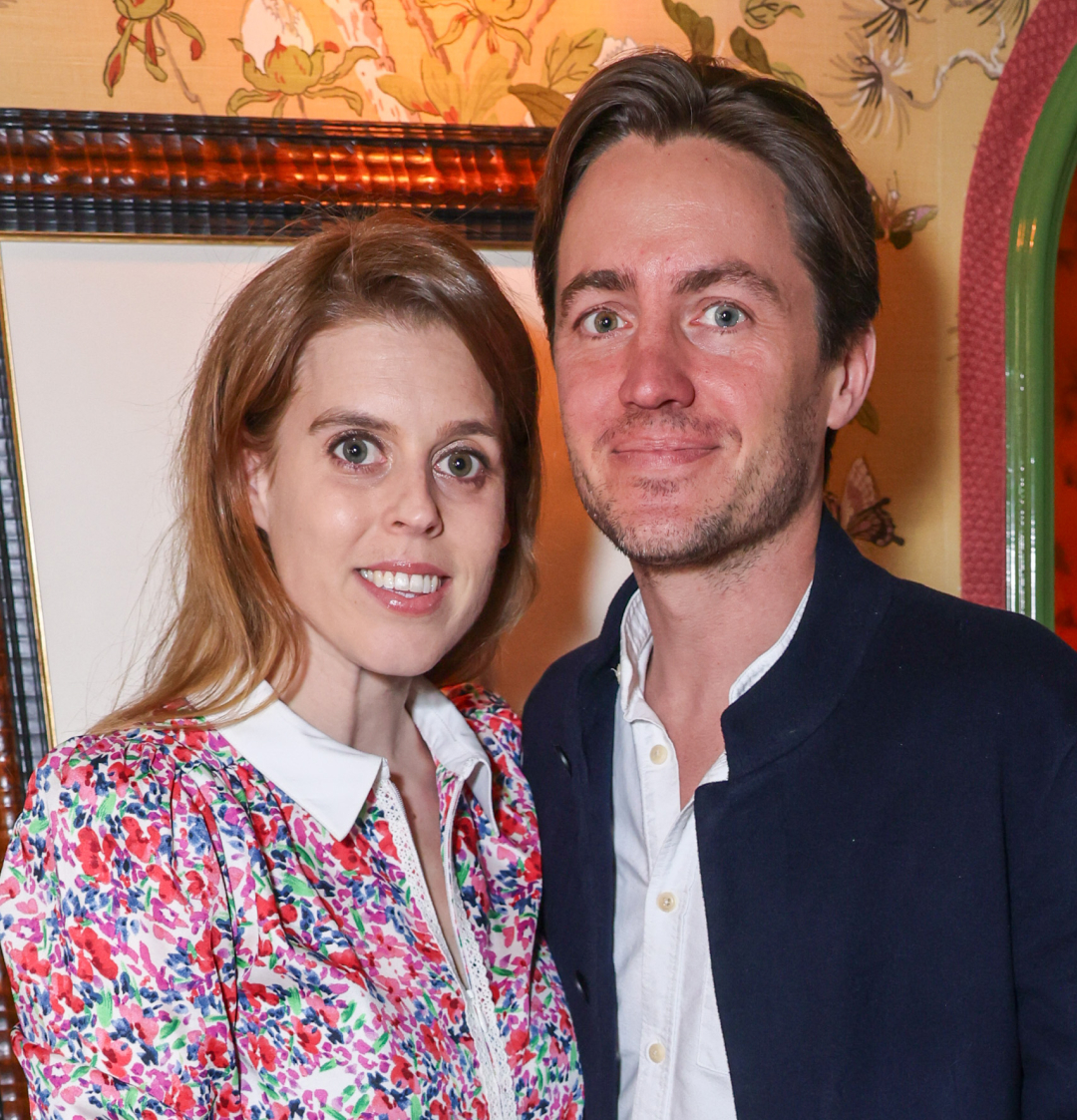 Princess Beatrice's Husband Pays a Rare Tribute to These Royal Family Members on Instagram
Princess Beatrice's Husband Pays a Rare Tribute to These Royal Family Members on InstagramEdoardo Mapelli Mozzi shared some behind-the-scenes snaps from the F1 Grand Prix in Bahrain.
By Kristin Contino
-
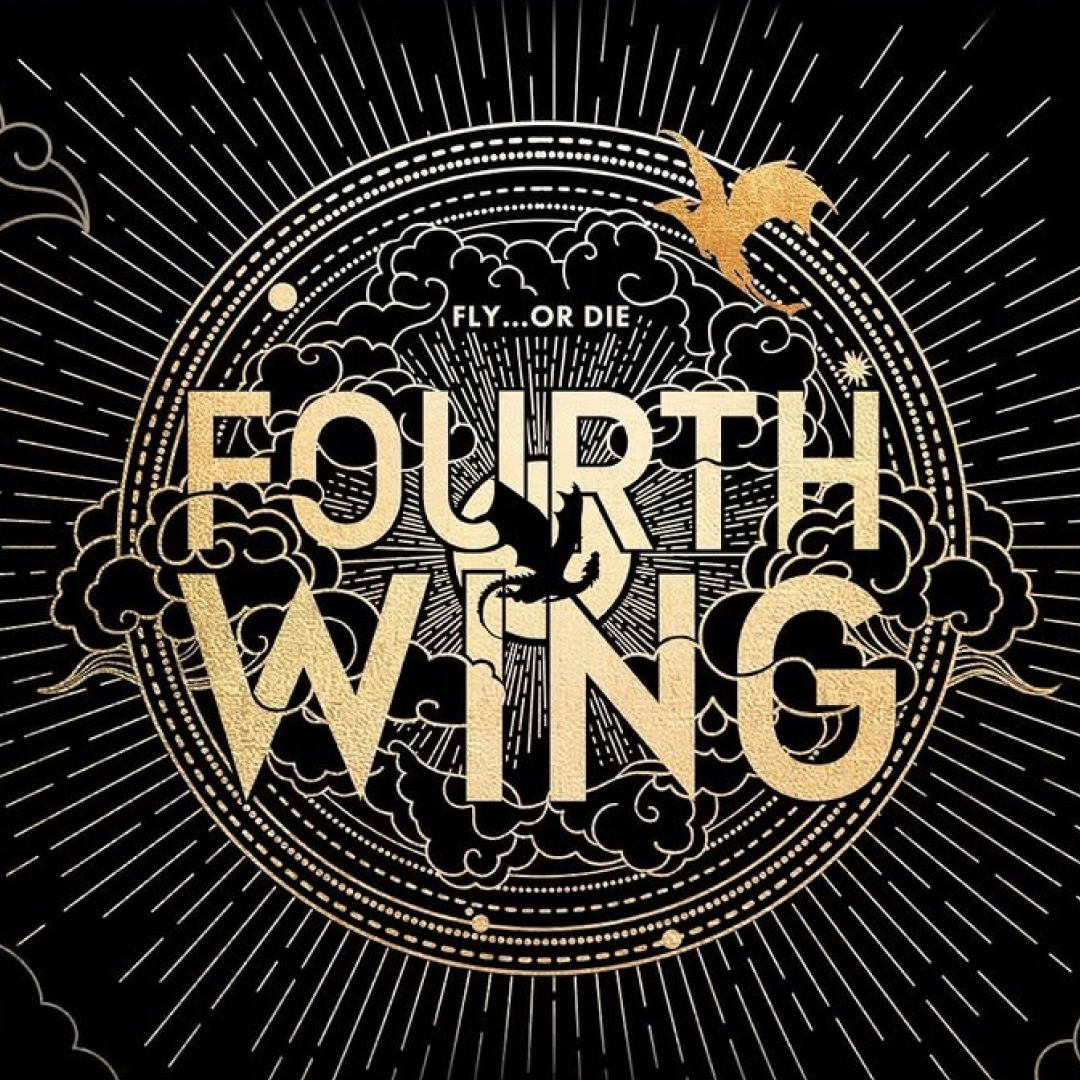 The 'Fourth Wing' TV Show: Everything We Know About the Series Adaptation
The 'Fourth Wing' TV Show: Everything We Know About the Series AdaptationRebecca Yarros's bestselling romantasy series is getting the Prime Video series treatment.
By Quinci LeGardye
-
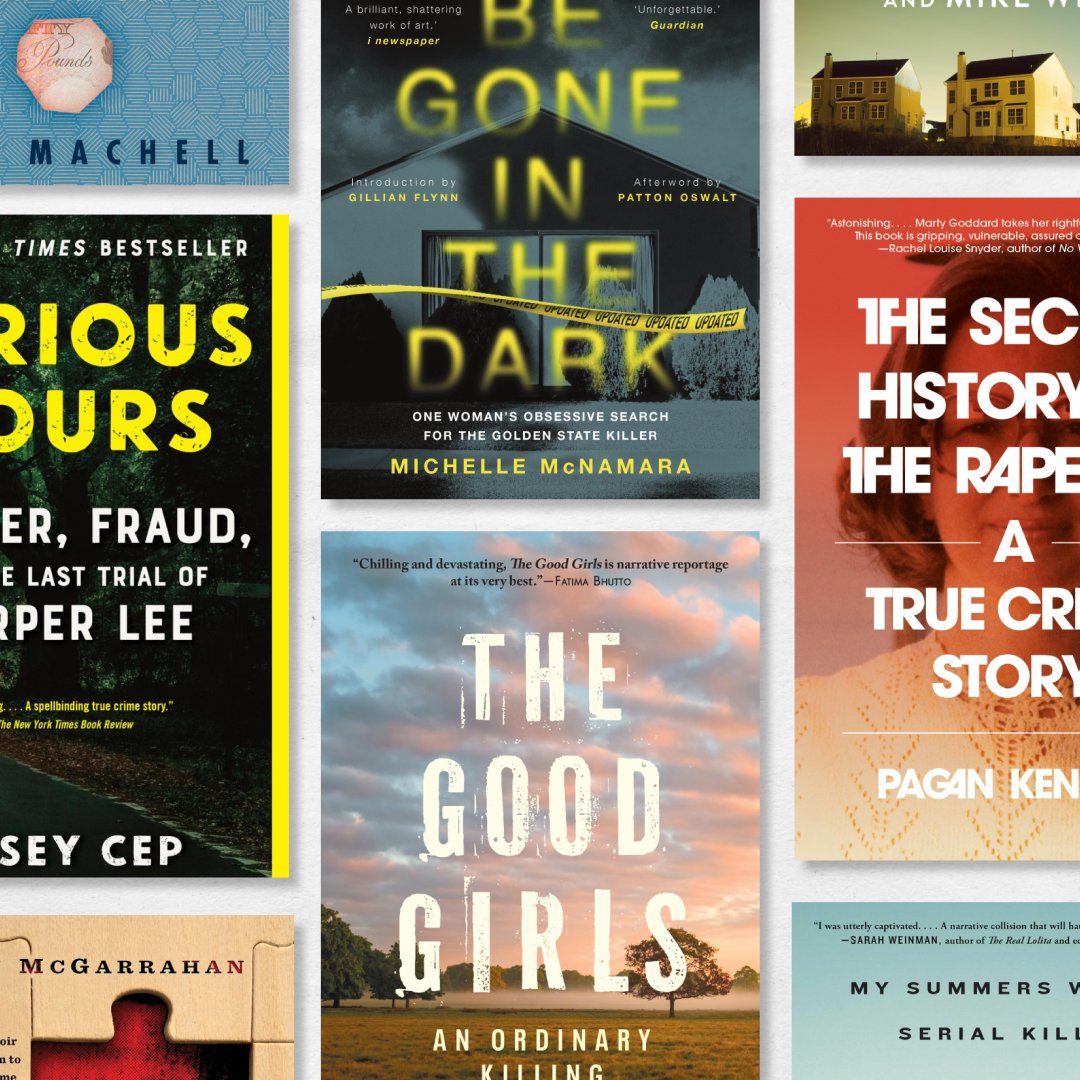 The 20 Best True Crime Books to Read in 2025
The 20 Best True Crime Books to Read in 2025These nonfiction titles and memoirs about serial killers and scammers are the definition of page-turners.
By Andrea Park
-
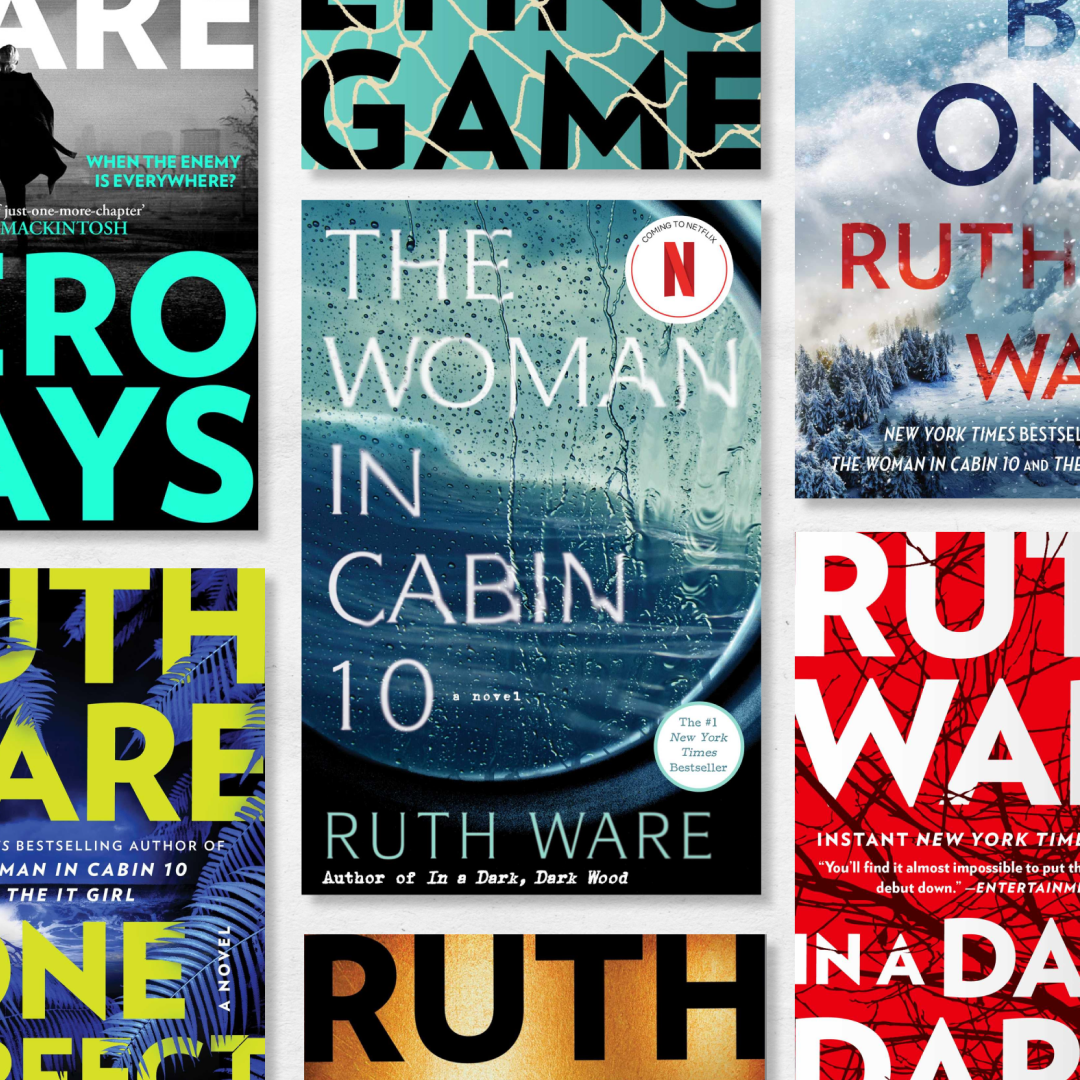 Every Ruth Ware Book, Ranked—From 'In a Dark, Dark Wood' to 'The Woman in Cabin 10'
Every Ruth Ware Book, Ranked—From 'In a Dark, Dark Wood' to 'The Woman in Cabin 10'Here's what you should read before her new thriller 'The Woman in Suite 11' hits shelves.
By Nicole Briese
-
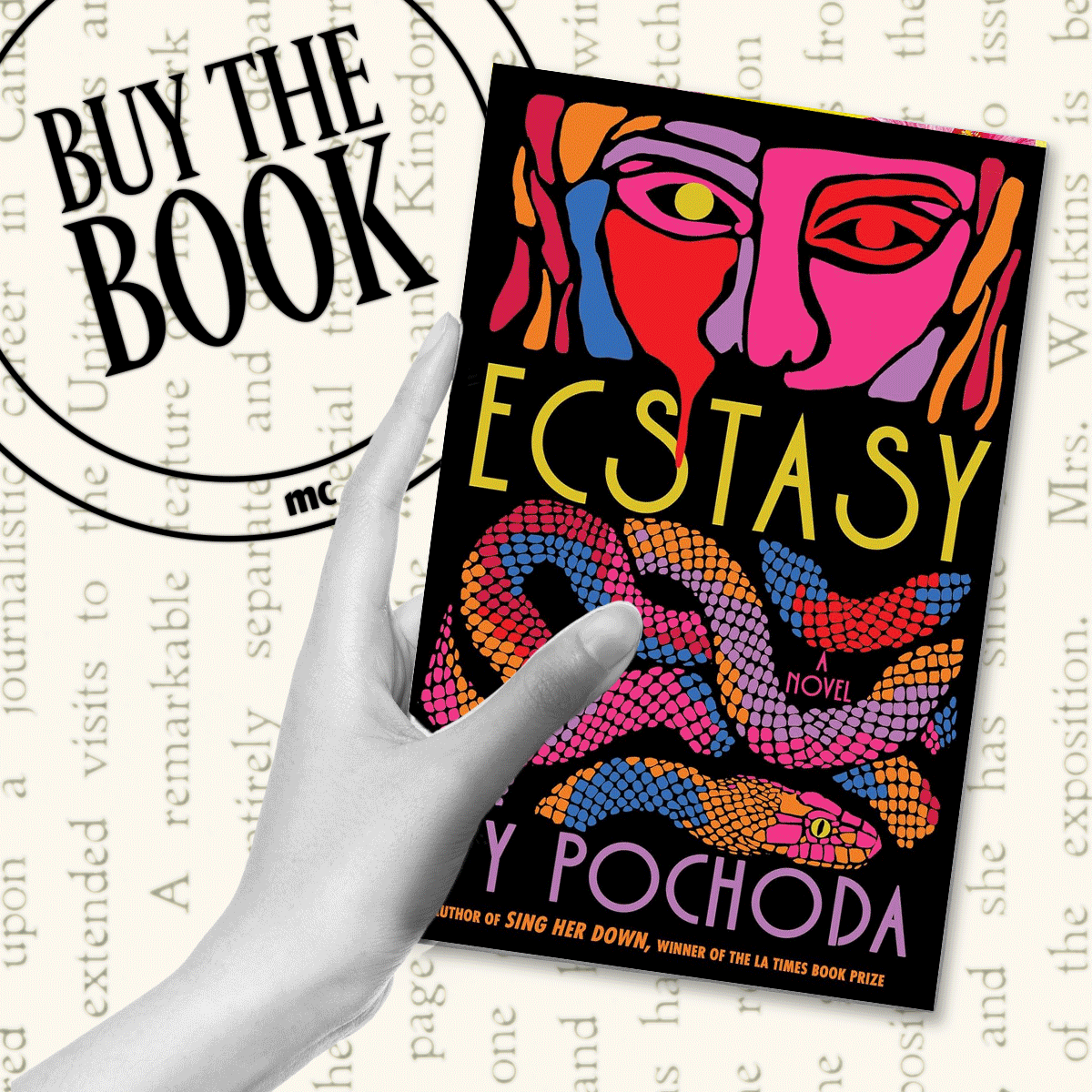 10 Books to Read for a Killer Vacation
10 Books to Read for a Killer VacationPack these novels about vacations gone very wrong on your next trip.
By Liz Doupnik
-
 The Melancholic Sound of Success
The Melancholic Sound of SuccessThe artist known as Japanese Breakfast opens up about finding her sound on a new album after experiencing whirlwind success.
By Sadie Bell
-
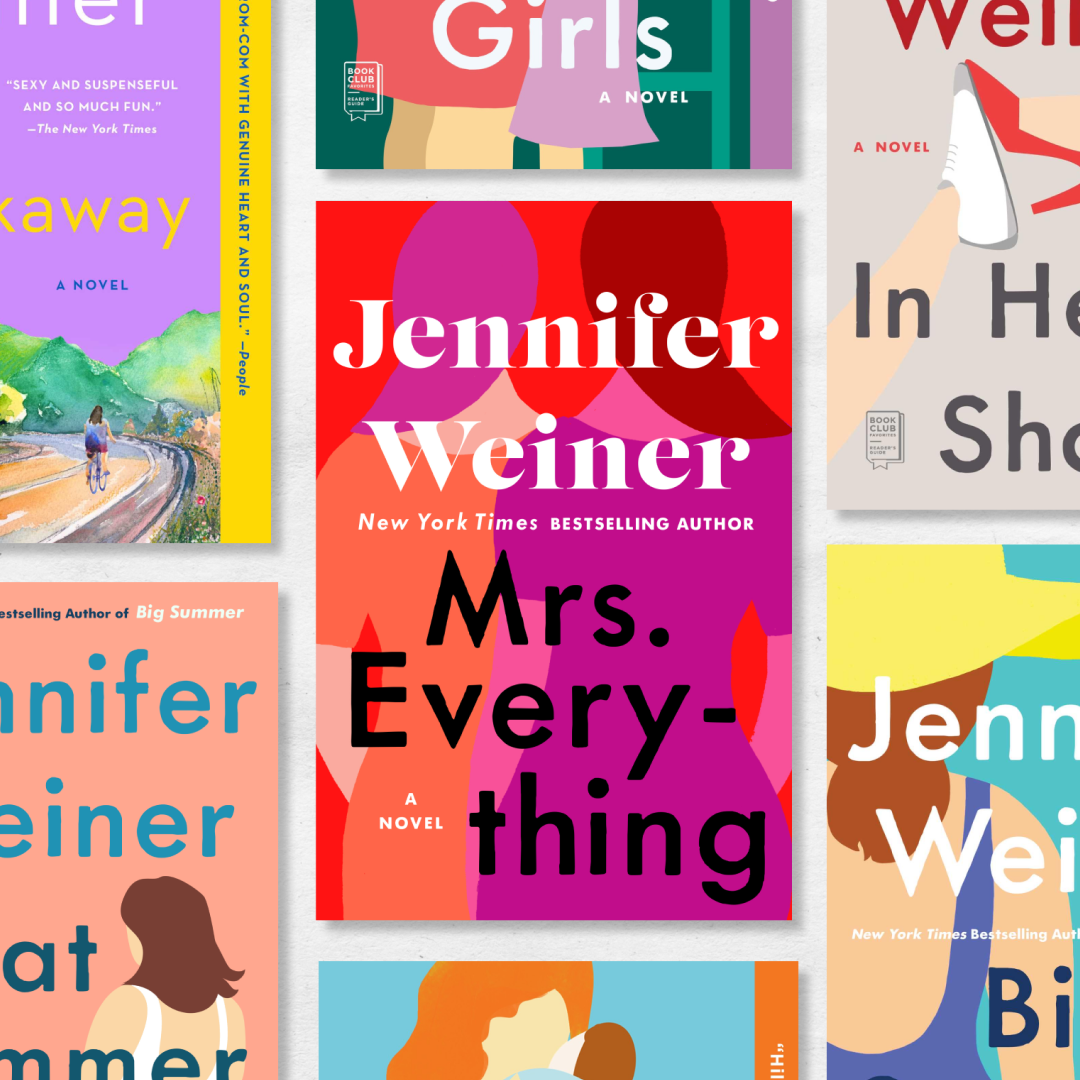 Every Jennifer Weiner Novel, Ranked—From 'Good in Bed' to 'In Her Shoes'
Every Jennifer Weiner Novel, Ranked—From 'Good in Bed' to 'In Her Shoes'All hail the queen of beach reads!
By Nicole Briese
-
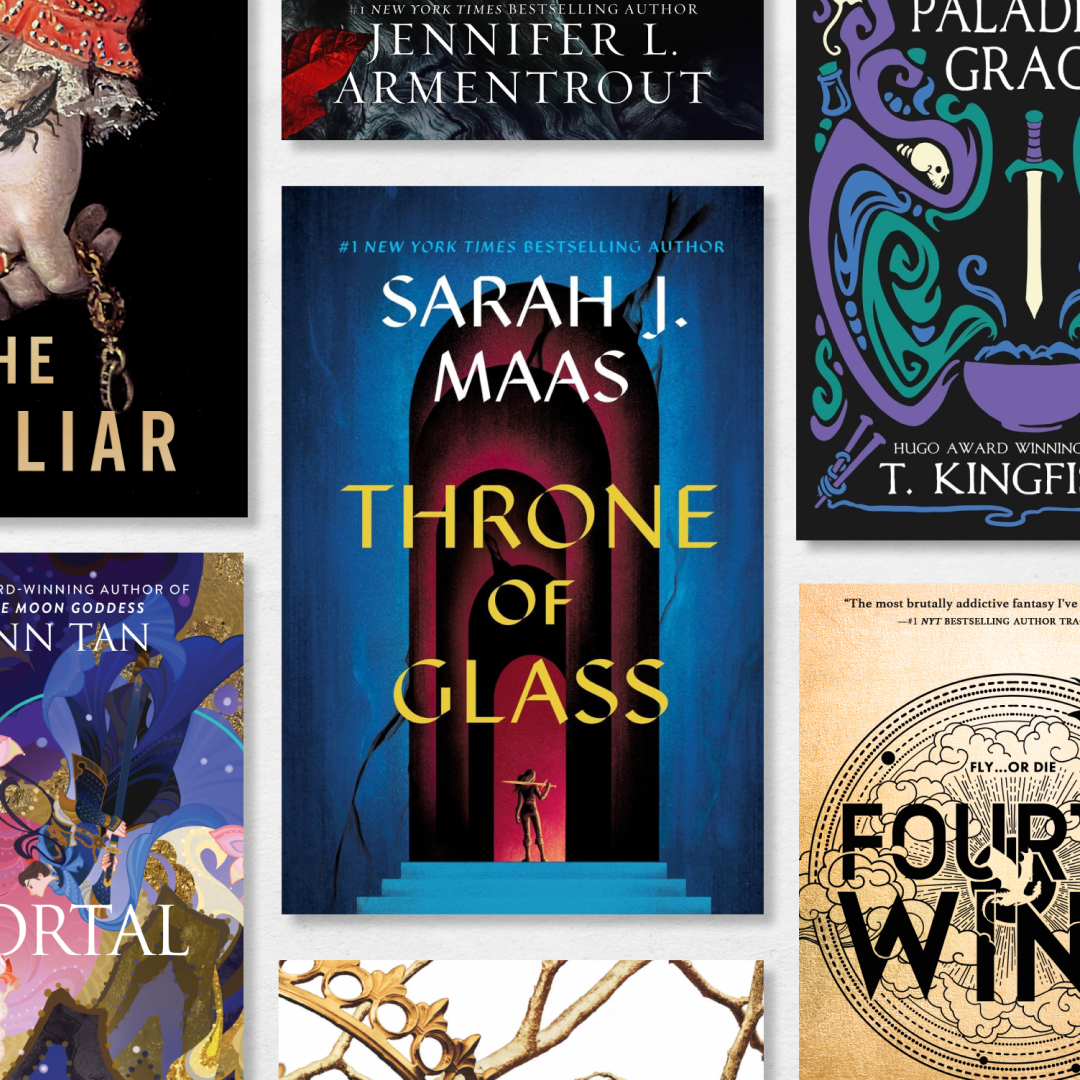 The 28 Best Romantasy Books to Read in 2025
The 28 Best Romantasy Books to Read in 2025Here's what to read when you've devoured the 'ACOTAR' and 'Empyrean' series.
By Andrea Park
-
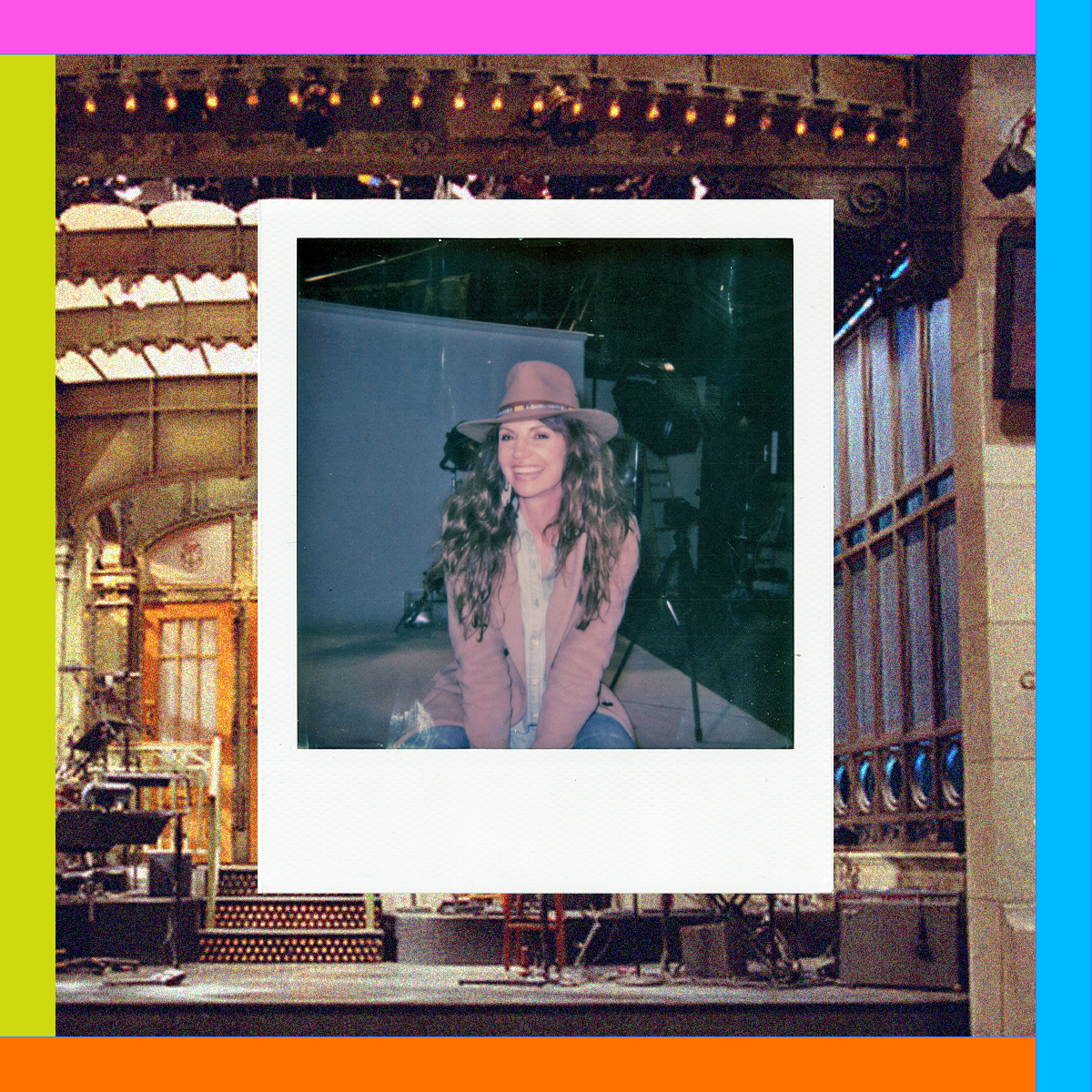 Mary Ellen Matthews Is the Woman Behind Every Portrait on 'Saturday Night Live' Since 1999
Mary Ellen Matthews Is the Woman Behind Every Portrait on 'Saturday Night Live' Since 1999The late-night show's resident photographer shares her favorite memories and insights from shooting all the talent who come through Studio 8H.
By Sadie Bell